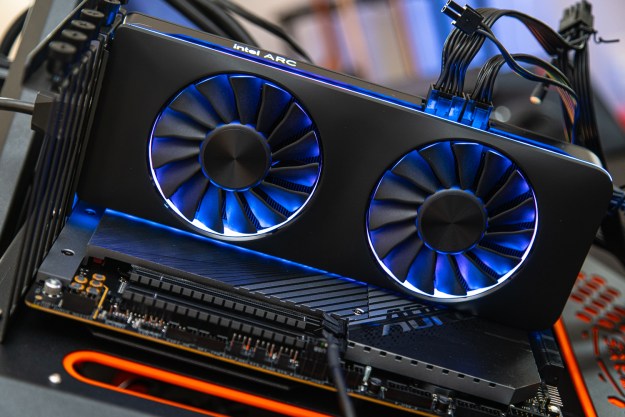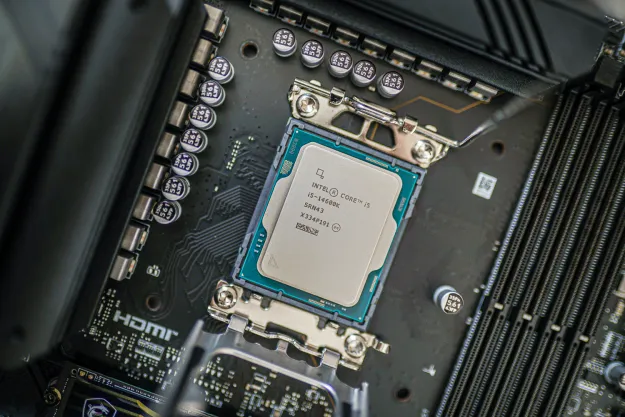If the success of the Raspberry Pi has shown us anything, it’s that people love playing around with micro-computer systems. They’re a great way to help kids understand how technology works, and may even help them break into engineering or programming themselves. Intel is looking to offer an alternative to the tasty-sounding British company, with its new Arduino platform known as Arduino 101 (also known as Genuino 101 outside the United States).
Arduino 101 is part of Intel’s big push into small form factor computing. Despite being the world’s biggest high-end CPU manufacturer, the firm failed to tag along with the smartphone revolution and has fallen behind a lot of other companies when it comes to micro-computing. However in recent years it’s made much more effort, announcing platforms like Edison, Galileo, and Curie, all designed to offer high-power in small packages.
Arduino 101 builds off of the latter of that trio, sticking to a credit card-sized PCB and adding a load of sensors and extra features for people to play with. There’s an accelerometer, gyroscope, and smart Bluetooth, so it should be capable of being turned on and off remotely, too.
Related: How Intel’s Skylake processor will dramatically improve your next PC
If you do decide to shell out the $30 for this little device, don’t be confused by the naming. While its official name all over the world might be Genuino, in the United States it’s being marketed as Arduino 101. They are identical in terms of hardware and support offered.
Unless you’re a tinkerer yourself, chances are the first time you’ll bump into one of these micro-systems is when your child starts working on them. Over 300 schools that signed up to the Creative Technologies in the Classroom scheme will be using them as part of their physical computing course, to help teach children about hardware hacking and basic programming.
Availability begins in Q1 next year, with retailers online and on the high-street both set to stock the device.
Editors' Recommendations
- Some Intel CPUs lost 9% of their performance almost overnight
- Intel’s next-gen GPU might be right around the corner
- Intel and Microsoft just announced a huge collaboration
- Intel is cooking up an exciting DLSS 3 rival
- I tested Intel’s new overclocking tool, and it does AI all wrong




